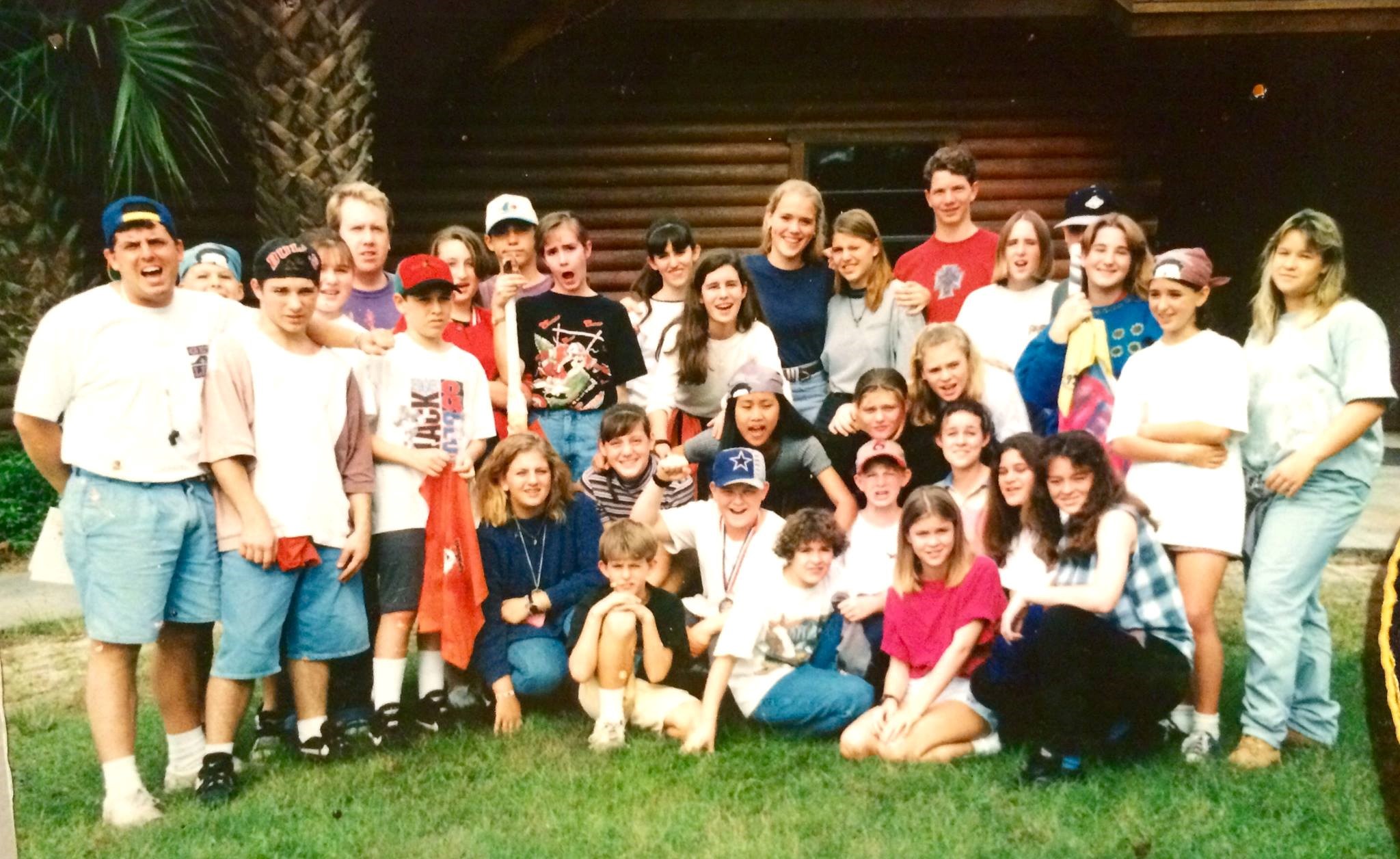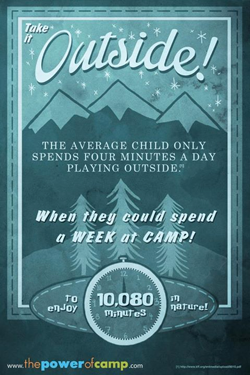When Paul Turner looks back over his life, it’s clear camp has been the setting for many of his pivotal moments.
The year was 1982 at Life for Youth Camp in Vero Beach, Fla. Turner was 14 years old when he received Christ that summer and was baptized by one of the counselors.
Many summers after that were spent at camp. Whether he was at camp as a counselor or working in one of his various roles as part of the staff, it became a place of deep significance. One summer at camp, Turner and several other male counselors said they were going to swear off dating that summer. “At that moment, we saw a bunch of the girl counselors come in, and I saw my wife. I immediately said, ‘I’m out.’” They’ve been married for over 25 years.
Today, Turner is the director of family and youth at Pleasant Grove Assembly of God Church (Birmingham, Ala.). Every year, he goes back to Life for Youth Camp as a speaker. He also takes his students there for a week of camp. It’s the solitude found there—and the time away—which provides clarity and an environment for growth.
He remembers the first year he took students to camp. He had just started as a youth pastor. The youth group had not grown together as a unit, but many of them were excited for camp. “It was really a much-needed, cohesive, bonding experience where they needed to get to know one another on a deeper level,” Turner says.
Whether his students have been called into missions, realized ministry opportunities, or felt a deeper burden to pursue a certain vocation in life, Turner says camp is where his students have made decisions after they received direction from the Lord. The clarity came during services, prayer times or devotionals.
“All of this stuff begins to fall away,” he says. “Suddenly, they are able to see life in a different perspective when they are out of the environment that’s maybe causing some of the toxic stuff that’s going on in their life.”
Camp becomes a physical location for spiritual mile-markers. “This is where I experienced God in a powerful way,” Turner says. It was true for him, and it’s true for his students.
As much as teenagers’ lives have changed over the years, they want the same things youth have wanted in the past.
“I am equally excited today about the prospects of youth ministry as I was 25 years ago,” he says. “You realize that the same principles remain—kids want relationships, to be dialed in, to know somebody believes in them, [to have] a youth ministry that’s built like a family not like a business, to be invested in, and somebody to go on that journey with them.”
His take on youth ministry in the 21st century boils down “to building of relationships, preaching of the Gospel, making of disciples and, in the end, releasing them into a world in which they are prepared and confident to live out what Christ has called them to do.”
He’s been able to see that. He’s had students who have attended camp during all their years participating in youth group, and he says it’s important for youth pastors to show appreciation to the kids who have committed and invested in the youth group and camp. It’s humbling on the part of the youth worker, and it’s a time to celebrate those moments.
The principles students learn at camp, such as the practice of getting away and seeking God in their daily experiences, prepare them for the rest of their lives. “This is what transforms me,” Turner says. “Not just for the moment, but this is what transforms me for today and for the rest of my life.”
Photo courtesy of Paul Turner
















 INSTAGRAM
INSTAGRAM FACEBOOK
FACEBOOK TWITTER
TWITTER YOUTUBE
YOUTUBE